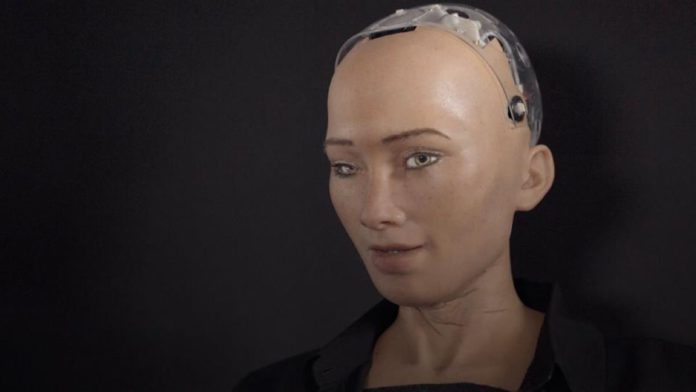Technological advancements in robotics have led to scientists producing humanoid robots such as Geminoid, Saya, and Sophia indistinguishable from humans. A recent study published in PLOS ONE, titled ‘The clone devaluation effect: A new uncanny phenomenon concerning facial identity’ evaluates how humans respond to images of humanoids with cloned faces.
Developers are optimistic that they will design robots that will surpass the uncanny valley, a well-known phenomenon according to which human-looking humanoids will elicit unpleasant and negative emotions in viewers. In a not too far-fetched future, if we start mass-producing human-like androids that are indistinguishable from flesh-and-blood human beings, how would we react? A collaborative team of researchers from Ritsumeikan University, Kyushu University, and Kansai University conducted six experiments to find how people react.
The first experiment involved rating the emotional valence, realism, and subjective eeriness of a photoshopped photograph of six human subjects with the clone face/image, one person (single image), and six people with different faces (non-clone image). In the second experiment, participants rated another set of clone images and non-clone images, while the third experiment included rating clone and non-clone pictures of dogs. Unlike others, the fourth experiment had two parts: first, participants had to rate clone images of two sets of twins and then clone faces of twins, triplets, quadruplets, and quintuplets. The fifth experiment involved clone images of Japanese animation and cartoon characters. And the last experiment involved assessing the subjective eeriness and realism of different clone and non-clone images. During this, they also had to answer the Disgust Scale-Revised so researchers could analyze disgust sensitivity.
Read more: Autonomous vehicles can read road signs made from reflective microscale concave interfaces (MCIs)
The results of all six experiments were striking. Participants that took part in the first study rated individuals with clone faces as eerier and more improbable than those with distinct faces and a single person’s face. This was a negative emotional response, and researchers termed it as the clone devaluation effect.
“The clone devaluation effect was stronger when the number of clone faces increased from two to four,” says lead author Dr. Fumiya Yonemitsu from the Graduate School of Human-Environment Studies at Kyushu University. “This effect did not occur when each clone face was indistinguishable, like animal faces in experiment three involving dogs. We also noticed that the duplication of identity, the personality and mind unique to a person, rather than their facial features, has an important role in this effect. “
The fourth experiment recorded that clone faces with the duplication of identity were eerier. Also, the clone devaluation effect that was strong in the first and second experiments became weaker in the fifth experiment when clone faces existed in the lower reality of the context. The eeriness of clone faces stemming from improbability could be positively predicted by disgust, particularly animal-reminder disgust, as noticed in the sixth experiment. Taken together, these results suggest clone faces induce eeriness and that the clone devaluation effect is related to realism and disgust reaction.
These results show that human faces provide vital information for identifying individuals because humans have a one-to-one resemblance between face and identity. Since the humanoids with cloned faces violate this principle, it might make humans misjudge the identity of humanoids with cloned faces as being the same.


